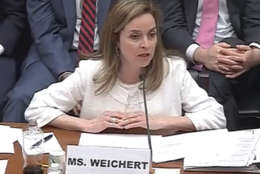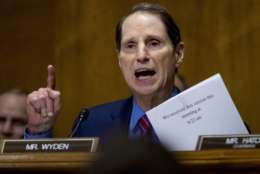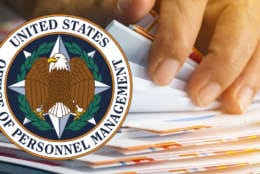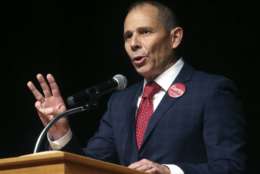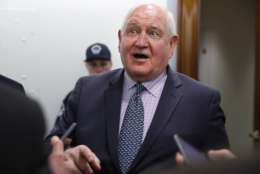Pay & Benefits
-
In today's Federal Newscast, agency leaders are being asked to provide a list of what programs will be effected if the current partial government shutdown goes into March and April.
January 24, 2019 -
The Office of Personnel Management has postponed the deadline for federal employees to contribute to the Combined Federal Campaign, giving furloughed and exempt workers an opportunity to donate to charities only after they've been paid following the shutdown.
January 24, 2019 -
By the end of January, the government shutdown may impact a group that's usually untouched from the severe impacts of a lapse in appropriations: Coast Guard military retirees.
January 23, 2019 -
The Office of Personnel Management has clarified how excepted employees can properly take paid leave during the government shutdown and weighed in on how all employees will be paid once the lapse in appropriations ends.
January 23, 2019 -
In today's Federal Newscast, the Homeland Security Department says a series of incidents have tampered with agencies domain name systems (DNS) on their websites.
January 23, 2019 -
The Navy's pay for performance pilot is the first of its kind, but it needs to be careful not to fall in the pattern of past civilian programs.
January 22, 2019 -
As the government shutdown continues past the 30-day mark, agencies are scrambling to respond to questions and unprecedented challenges they've never encountered before.
January 22, 2019 -
Federal News Network is soliciting your questions about your pay, benefits, retirement and other topics during the government shutdown.
January 17, 2019 -
In today's Federal Newscast, Senator Ron Wyden (D-OR) is asking the Office of Personnel Management how it's making sure federal employees furloughed due to the government shutdown are still receiving healthcare coverage.
January 16, 2019 -
Two weeks after the cut off, DoD now says more than 400,000 service members signed up for the blended retirement system (BRS) and 150,000 new service members were automatically enrolled in the program.
January 14, 2019 -
The Office of Personnel Management on Wednesday clarified that agencies should restore previously-scheduled annual leave lost in 2018 due to the government shutdown.
January 10, 2019 -
In today's Federal Newscast, a bill introduced by Rep. John Curtis (R-Utah) would authorize congressional payroll administrators to dock pay for members of Congress for as long as a government shutdown continues.
January 10, 2019 -
Regardless of age, experience, grade, location or job federal workers today fall into one of two categories, neither of which is good.
January 09, 2019 -
Faced with a partial government shutdown with no certain end in sight, the Agriculture Department has come up with a budgetary workaround to ensure Supplemental Nutrition Assistance Program (SNAP) benefits continue to be paid out through February.
January 08, 2019 -
Among those stuck at home are people who were about to retire or had already filed their retirement papers. Federal retirement expert Tammy Flanagan had some answers on the potential delay for benefits.
January 07, 2019




